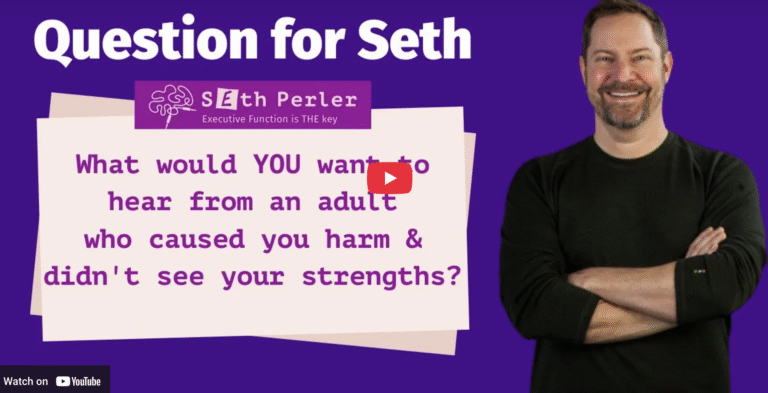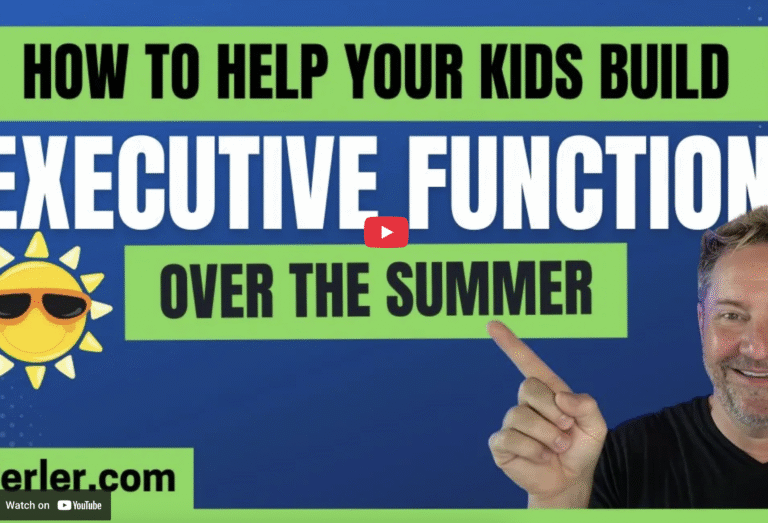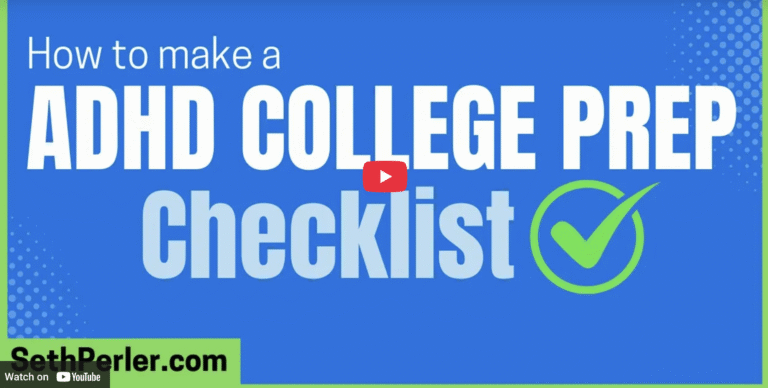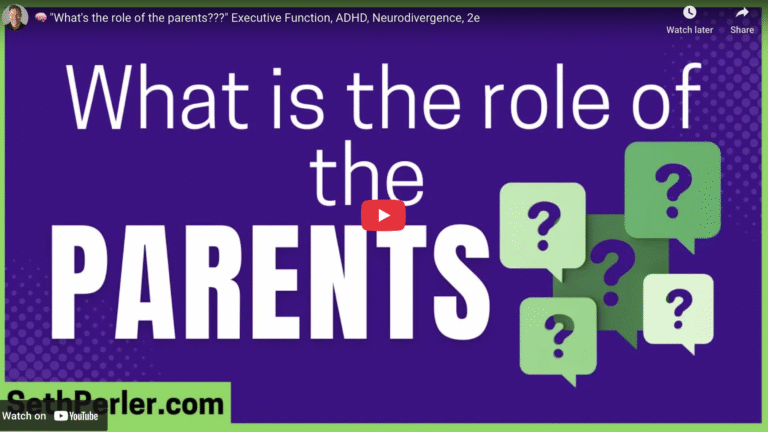High schooler gives up [includes email template to send teachers]
Here’s a real email one of my students sent his mom last week: Ok. I have given it everything and i have nothing I can do. My 100% just isn’t good enough to pass. It is too late to do anything. There goes that trip. I’m done. There are so








